03 Jan2018
By Marcy Keifer Kennedy
The author is a member of AACTE’s Clinical Practice Commission, whose report will be released January 17 at the National Press Club in Washington, DC. The views expressed in this post do not necessarily reflect the views of AACTE.
As a member of the AACTE Clinical Practice Commission, I am excited about the release of the commission’s report later this month in Washington, DC. I have been inspired by the work of this team of PK-12 and higher education leaders over the past few years. Our effort aims to support and advance educator preparation by articulating a common understanding of the critical components and value of clinical practice and partnerships.
03 Jan2018
By Christina Tschida and Ann Sebald
The authors are cochairs of the AACTE Coteaching in Clinical Practice Topical Action Group. The views expressed in this article do not necessarily reflect the views of AACTE.
Participants at the 2017 National Conference on Coteaching included Christina Tschida, East Carolina University (NC); Meghan Crosier and Shelli Pence, North Harrison School District (IN); Ann Sebald, Colorado State University; and Beverly Ochieng-Sande, Houston Baptist University (TX).
Members of AACTE’s Coteaching in Clinical Practice Topical Action Group (TAG), which we cochair, participated in the second annual National Conference on Coteaching, held in October 2017 in Minneapolis, Minnesota. Our TAG also cosponsored a social event at the conference, whose purpose was to support research and practice of coteaching at both preservice and in-service levels for all areas of education.
12 Dec2017
By Jungnam Kim and Dianne Mark

The authors are members of AACTE’s Committee on Global Diversity.
The AACTE Committee on Global Diversity will host a premier symposium a day before the 2018 AACTE Annual Meeting in Baltimore, Maryland. The free preconference event, “A Global Lens to Educator Preparation: Shared Knowledge and Advocacy for Diverse and Multicultural Perspectives,” will be held Wednesday, February 28, 8:00 a.m.-4:30 p.m. and includes breakfast and a keynote luncheon. Please sign up to join us!
06 Dec2017
By Jon Clausen, Guy Trainin and Arlene Borthwick
Members of AACTE’s Committee on Innovation and Technology at the 2017 National Technology Leadership Summit in Washington, DC
AACTE and its Committee on Innovation and Technology (I&T) are committed to being a leading voice in the preparation of educators to integrate technology within teaching and learning. The latest examples of this commitment include active participation in the 2017 National Technology Leadership Summit (NTLS) and plans for a preconference symposium at the 2018 AACTE Annual Meeting.
AACTE hosted the 18th annual NTLS September 28-29 at the Association’s headquarters building in Washington, DC. AACTE President/CEO Lynn M. Gangone welcomed NTLS attendees, acknowledging the importance of the work to be done during the summit. Six members of the I&T committee attended the event, including Chair Arlene Borthwick (National Louis University, IL), Jon Clausen (Ball State University, IN), Elizabeth Finsness (Minnesota State University-Mankato), Charles Hodges (Georgia Southern University), Lara Luetkehans (Indiana University of Pennsylvania), and Guy Trainin (University of Nebraska-Lincoln).
27 Nov2017
By Conra D. Gist
AACTE’s Diversified Teaching Workforce (DTW) Topical Action Group invites you to register for a free institute and to nominate individuals – by December 15 – for the 2018 DTW Teacher Diversity Research Award.
The second annual Diversified Teaching Workforce Institute will convene February 28, 2018, at the AACTE 70th Annual Meeting in Baltimore, MD. The institute will unite a group of national leaders at colleges and universities across the United States to spotlight and explore innovative efforts for addressing racial/ethnic teacher diversity across five key areas: recruitment and retention, teacher preparation, mentorship, induction and professional development, and advocacy.
27 Nov2017
By Sharon Lovell, Shelley B. Wepner, Robin Anderson and William Henk
UPDATE: Please sign up for a focus group by December 21.
What factors contribute most to the longevity of education deans in their positions? Are there optimal lengths of time for education deans to stay in their roles, and if so, how long and why? What are the personal and professional benefits of remaining in the role as education dean for an extended period?
We invite currently serving education deans who have at least 7 years of experience in this role to participate in one of several focus groups. These focus group sessions, supported by AACTE, will last 45 to 60 minutes and will be conducted during the weeks of January 8 and January 15, 2018, using electronic conferencing technology.
13 Nov2017
By Benita Kluttz-Drye
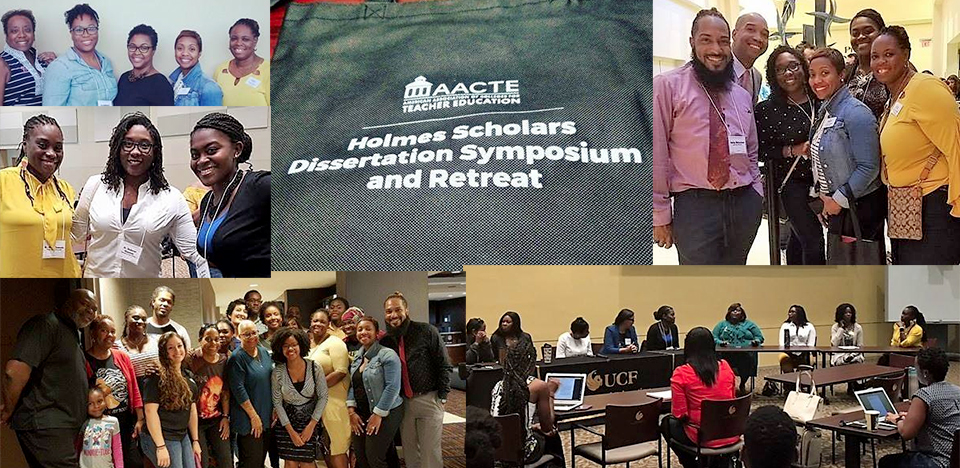
This year’s Holmes Dissertation Symposium and Retreat was sponsored by the University of Central Florida (UCF) and Florida A&M University (FAMU). It was held October 27-28 on the beautiful campus of UCF, providing attendees with a plethora of information to advance their scholarship and practical knowledge.
The conference began with a welcome by Dean Pamela Carroll of the University of Central Florida, Dean Monika Shealey of Rowan University, and Tim Finklea of AACTE. Shealey challenged us to use the support provided through the Holmes network, to glean from each other and all of the presenters at the symposium, and to take this as an opportunity to learn from others before us.
02 Nov2017
By John F. Snyder
AACTE is partnering with the American Association for Employment in Education (AAEE) to increase input from educator preparation providers in the organization’s annual teacher supply and demand survey. The views expressed in this article do not necessarily reflect the views of AACTE.
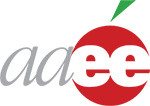
The current shortage of educators is no longer a myth. Data from several reports, including the American Association for Employment in Education (AAEE) Educator Supply and Demand Report 2016-17, show that in numerous certification areas in most areas of the country, there are not enough well-qualified candidates to fill educator vacancies. And even in states where the demand for full-time teachers is not as severe as in other states, there is a critical shortage of substitute teachers.
27 Oct2017
By Renée A. Middleton

The evolution of a teacher candidate into a professional educator does not occur overnight. Rather, it is a slow, steady, empowering journey that unfolds over several years, with teacher candidates receiving support and encouragement from mentor teachers and university faculty alike. Through it all, teacher candidates learn just as many lessons as they teach, ideally with one overarching principle repeatedly impressed upon them: that they must serve all learners.
This is no small task, as today’s educators enter increasingly diverse schools. This diversity creates wonderful learning opportunities for all, but it also presents its fair share of challenges. Teachers will encounter students with disabilities. They will encounter students who are gifted and talented. They will encounter students from low-income families. They will encounter students from various racial, ethnic, and socioeconomic backgrounds, as well as students who do not speak English as a first language.
13 Oct2017
By Ron Avi Astor

Did you know that October is National Bullying Prevention Month? AACTE member professor Ron Avi Astor, who holds joint appointments in the schools of social work and education at the University of Southern California, has two new books out this fall addressing bullying prevention and creating welcoming schools for vulnerable groups, and he prepared the following article to share some of his research and resources with Ed Prep Matters readers. The views expressed in this post do not necessarily reflect the views of AACTE.
Preparing our nation’s teachers, principals, superintendents, and pupil personnel to create safe, welcoming, and supportive schools has become a high priority for colleges and universities. PK-12 schools have the power to prevent students from becoming bullies and to prevent victims from becoming bullies or being further victimized. Organizations such as the American Educational Research Association and the National Academy of Sciences have put forth research summaries and materials for universities to use with this aim in mind. In addition, many states are now actively working with organizations such as the Collaborative for Academic, Social, and Emotional Learning to better implement social and emotional learning (SEL), positive school climate, and bullying prevention into schools and to consider ways to measure these areas as part of their state student surveys and accountability systems. (See list below for useful resource links.)
04 Oct2017
By Kim Metcalf
Students from Clark County School District at the Rebel Science Camp in March. The district’s diversity makes it a "living laboratory” for developing educational practices the entire country will eventually adopt.
This article was originally published in the UNLV News Center and is reposted with permission. The views expressed here do not necessarily reflect the views of AACTE.
From the earliest days of our republic, we have believed that education was critical to our democracy. Our founders knew that the health of our country, the wellbeing of the citizenry – and particularly the strength of the democracy – would be built on a well-educated population. Though disagreements have been fierce regarding who is to be educated, how much education they need, and whether to measure its value in economic growth, individual growth, or societal growth, fundamentally, we have always agreed that educating our citizens is important.
26 Sep2017
By Lori Piowlski, Elizabeth S. Finsness and Karen Colum
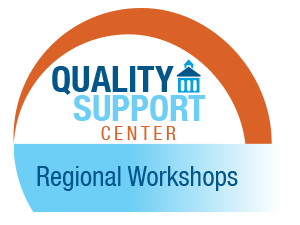
The views expressed in this post do not necessarily reflect the views of AACTE.
At the College of Education at Minnesota State University, Mankato (MNSU), our strategic vision is to inspire lifelong learning and professional engagement through racial consciousness, social justice, and inclusion within a global context. Our collective energy as a faculty is spent engaging in conversations, professional development, and research to ensure that our instructional approaches foster cultural proficiency in our teacher candidates.
To enhance that collective learning, several MNSU faculty attended the “edTPA and Equity” strand during the August AACTE Quality Support Workshop held in Minneapolis. The sessions, facilitated by teams of local teacher educators and national experts, examined how edTPA constructs address equitable teaching and learning practices and considered how candidates can engage in the assessment as a reflective opportunity to learn about equitable teaching practices.
19 Sep2017
By Todd Alan Price
This month’s members-only Federal Update webinars are today and tomorrow, September 19 and 20 – or just view the recording in our archive if you miss them! The views expressed in this post do not necessarily reflect the views of AACTE.
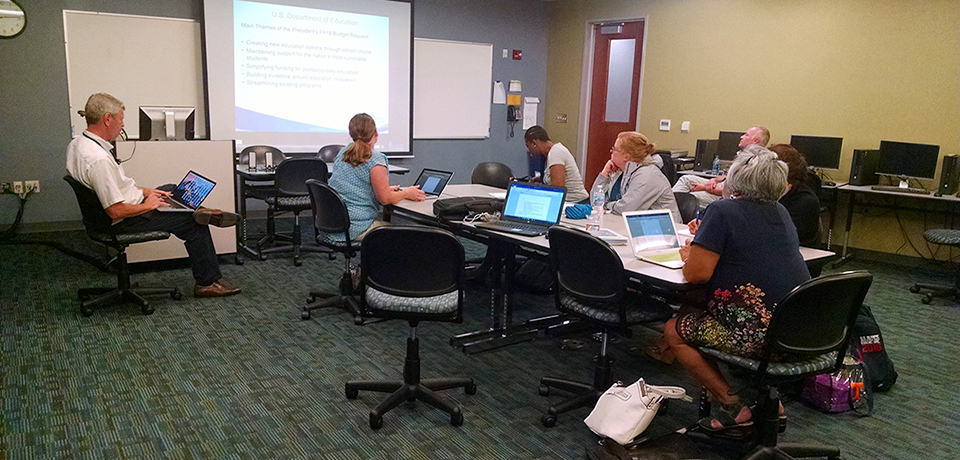
Over the summer of 2017, I integrated a valuable new asset into my doctoral-level Critical Policy Analysis class: advocacy resources from AACTE. From the members-only webinars to downloadable advocacy guides, these materials informed my students’ discussion of policy items pertinent to not only Illinois but the nation at large. They also provided current, practical information and tools for students to become more engaged in advocacy outside of class.
11 Sep2017
By Aaron Goldstein
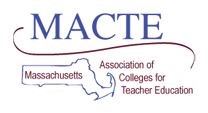 Last month, AACTE staff hosted an exhibit at the National Conference of State Legislators (NCSL) Legislative Summit in Boston, Massachusetts. We also invited leaders of the local AACTE state chapter, the Massachusetts Association of Colleges for Teacher Education (MACTE), to join us in the exhibit booth to share their work with attendees. Over 5,000 state legislators, state legislative staff, and trade association representatives attended the conference.
Last month, AACTE staff hosted an exhibit at the National Conference of State Legislators (NCSL) Legislative Summit in Boston, Massachusetts. We also invited leaders of the local AACTE state chapter, the Massachusetts Association of Colleges for Teacher Education (MACTE), to join us in the exhibit booth to share their work with attendees. Over 5,000 state legislators, state legislative staff, and trade association representatives attended the conference.
As I learned from last year’s NCSL Legislative Summit (see my takeaways here), state legislators are eager to receive input from teacher educators. One recurring theme from my conversations with state legislators this year was that they are unfamiliar with the major state policy levers pertaining to educator preparation – accreditation, licensure, and program approval. It was good for AACTE staff and MACTE leaders to interact with attendees from dozens of states, including many members of state legislatures’ education committees.
11 Sep2017
By Christina Wright Fields
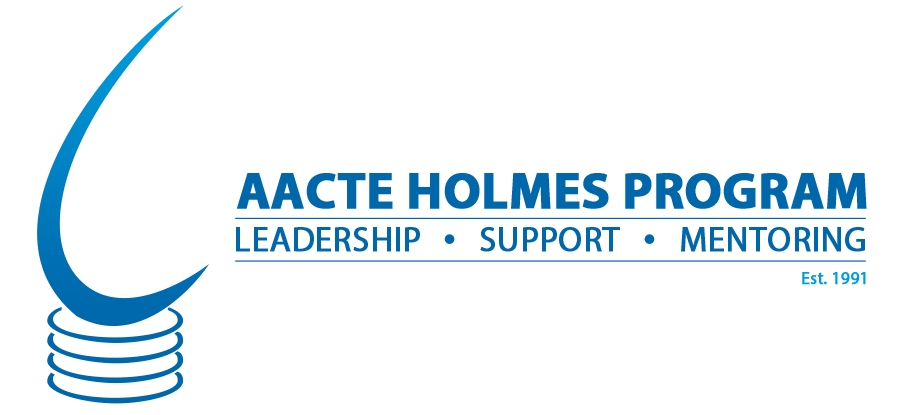
New York’s Marist College is the latest AACTE member institution to join the Holmes Program. For information about how to join the program, contact Tim Finklea at tfinklea@aacte.org. The views expressed in this post do not necessarily reflect the views of AACTE.
This summer, the Education Department at Marist College partnered with the Beacon City School District to join AACTE’s Holmes Cadet Program. Marist College, located in New York’s Mid-Hudson Valley, is committed to student success, innovation, and providing for social good. Joining the Holmes Cadet network supported Marist’s efforts to diversify the teacher pipeline, while connecting them to a national network of students and faculty who were passionate about the same cause.







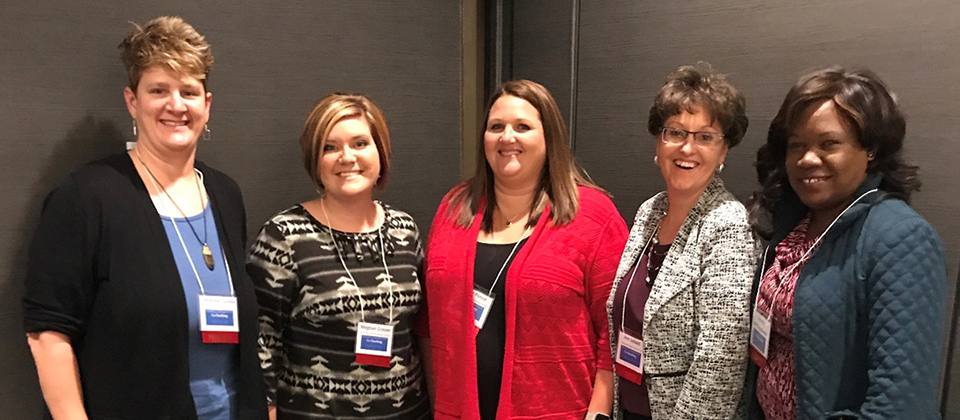

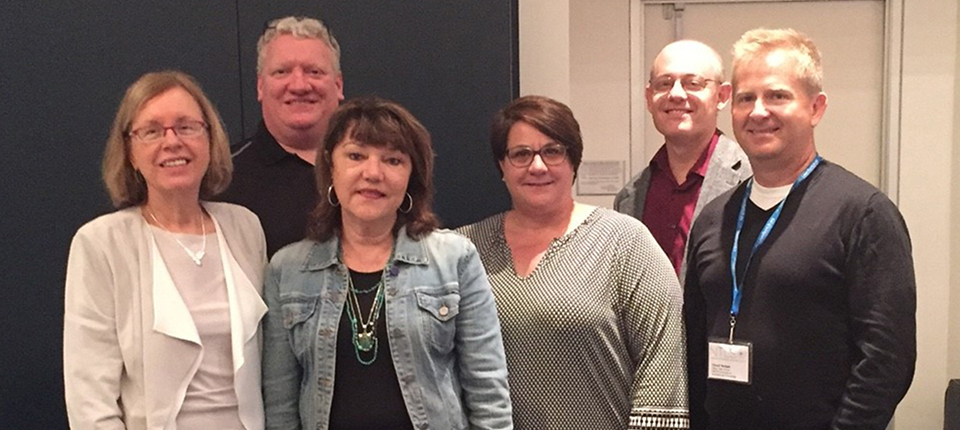




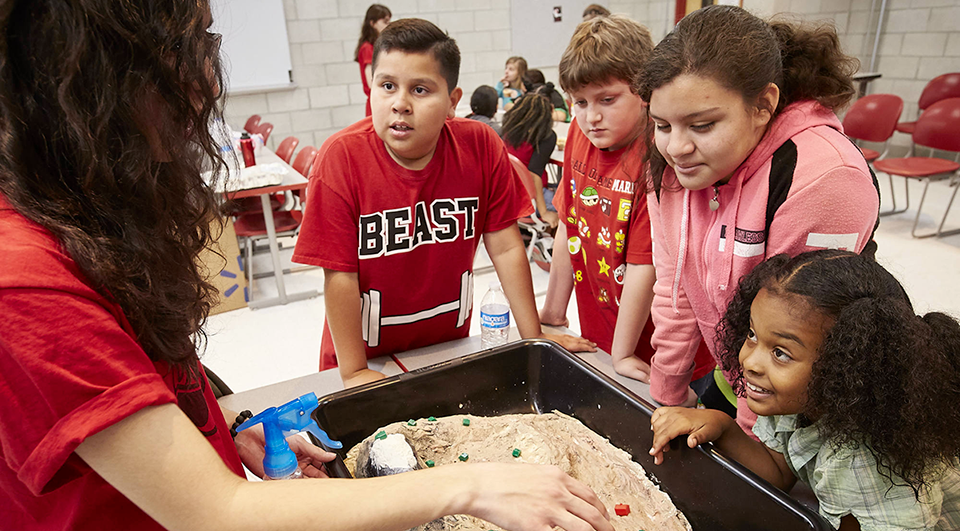

 Last month, AACTE staff hosted an exhibit at the
Last month, AACTE staff hosted an exhibit at the 